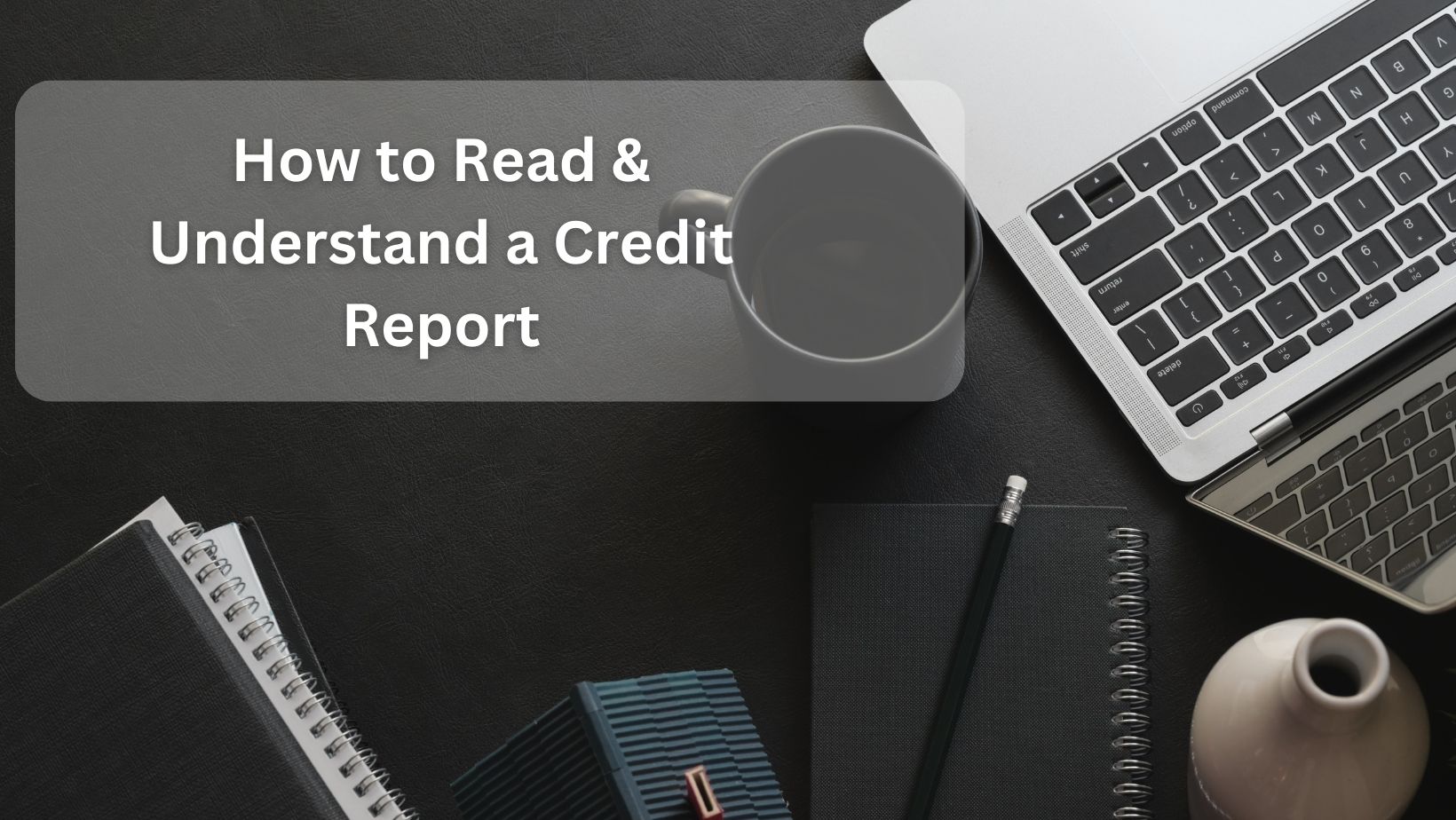How to Read and Understand a Credit Report
A credit report is a detailed summary of an individual’s credit history, compiled by credit bureaus. It includes information such as their payment history, credit accounts, outstanding debts, and personal information like their name, address, and Social Security number.
This report also contains records of any bankruptcies, foreclosures, or other public records related to financial behavior. Lenders use this report to assess the risk of lending money to someone, helping them determine creditworthiness and set appropriate interest rates. It also impacts factors like loan eligibility, credit card approvals, and even rental agreements.
Reading and understanding a credit report may seem overwhelming at first, given the abundance of information and the importance of each detail. However, with some guidance, it can become quite simple.
In this guide, we will break down the key elements of a credit report and explain what they mean, from the basics of credit scores to the specifics of different types of credit accounts. By the end, you will be equipped with the knowledge to confidently navigate your credit report and use the information to your advantage.
Personal Information
The first section of a credit report typically contains personal information such as
- your name,
- date of birth,
- social security number,
- current and previous addresses,
- and employment history.
It is important to review this section carefully to ensure that all the information is accurate. Any errors in personal information can negatively affect your credit score.
Credit Accounts
The next section of a credit report lists all the individual credit accounts you have, including credit cards, loans, and mortgages.
Each account will show details such as the type of account, the date it was opened, the current balance, and your payment history. It is essential to review this section for accuracy as any discrepancies or late payments can harm your credit score.
Payment History
Your payment history is one of the most crucial factors in determining your credit score. This section shows whether you have made payments on time or if you have missed any payments.
Late payments or defaults can significantly lower your credit score, so it is crucial to make timely payments.
Credit Inquiries
Credit inquiries refer to the number of times your credit report has been accessed by a lender or creditor. There are two types of inquiries – hard and soft.
- Hard inquiries occur when you apply for new credit, such as a loan or credit card.
- Soft inquiries occur when a lender checks your credit as part of a background check, but they do not impact your credit score.
Public Records
This section lists any public records related to your financial history, such as bankruptcies, foreclosures, and liens. These negative marks stay on your credit report for several years and can severely impact your credit score.
Credit Score
Your credit score is usually found at the end of your credit report. It is a three-digit number that summarizes your overall creditworthiness. The most commonly used credit scoring model is FICO, which ranges from 300-850. A high credit score indicates a good credit history and makes it easier to qualify for loans and get better interest rates.
Your credit score is calculated based on several factors, including your payment history, amounts owed, length of credit history, new credit, and types of credit used. Maintaining a high credit score requires consistent on-time payments, keeping credit card balances low, and managing a healthy mix of credit accounts.
Additionally, regularly checking your credit report for errors and correcting them can also help improve your score. Having a good credit score not only helps in securing loans but can also impact other areas of life, such as renting an apartment or even getting a job.
Tips for Improving Your Credit Report
- Review your credit report regularly: It is essential to review your credit report at least once a year to check for any errors or discrepancies.
- Pay bills on time: As mentioned earlier, late payments can significantly damage your credit score, so make sure to pay all bills on time.
- Keep balances low: High balances on credit cards can hurt your credit score, so try to keep them under 30% of your credit limit.
- Build a positive credit history: The longer you have a good credit history, the better it reflects on your credit report. Make sure to use credit responsibly and make timely payments to build a positive credit record.
Understanding how to read and interpret your credit report is crucial for maintaining a healthy financial life. By regularly reviewing your report and taking steps to improve your credit, you can ensure that you have access to favorable loan terms and interest rates in the future. Remember, good credit takes time and effort, but it is well worth it in the long run. So, always stay informed about your finances by keeping track of your credit report!
Additional resources such as online tutorials, financial advisors or credit counseling can also help you understand your credit report better and improve your financial well-being. Use these resources to stay on top of your finances, make informed decisions, and achieve your financial goals. Happy reading!
References:
- Federal Trade Commission: How to Read a Credit Report – https://www.consumer.ftc.gov/articles/pdf-0093-how-to-read-a-credit-report.pdf
- Experian: Understanding Your Credit Report and Score – https://www.experian.com/blogs/ask-experian/credit-education/report-basics/
- Equifax: What’s in My Credit Report? – https://www.equifax.com/personal/education/credit/report/how-to-read-your-credit-report/
- TransUnion: Understanding Credit Reports and Scores – https://www.transunion.com/credit-score-resources/how-to-read-a-credit-report
- Consumer Financial Protection Bureau: How to Get and Read Your Free Credit Report – https://www.consumerfinance.gov/about-us/blog/how-get-and-read-your-free-credit-report/ #
In Conclusion,
The information provided in this guide is for educational purposes only and should not be considered legal or financial advice. It is always best to consult a professional when making important financial decisions. Additionally, the credit reporting process may vary by country, so it is essential to research and understand the specific guidelines applicable in your region. Stay informed and make responsible financial choices!
Additional Resources:
- AnnualCreditReport.com – https://www.annualcreditreport.com/index.action
- Credit Karma – https://www.creditkarma.com/
- MyFICO Forums – https://ficoforums.myfico.com/ #

